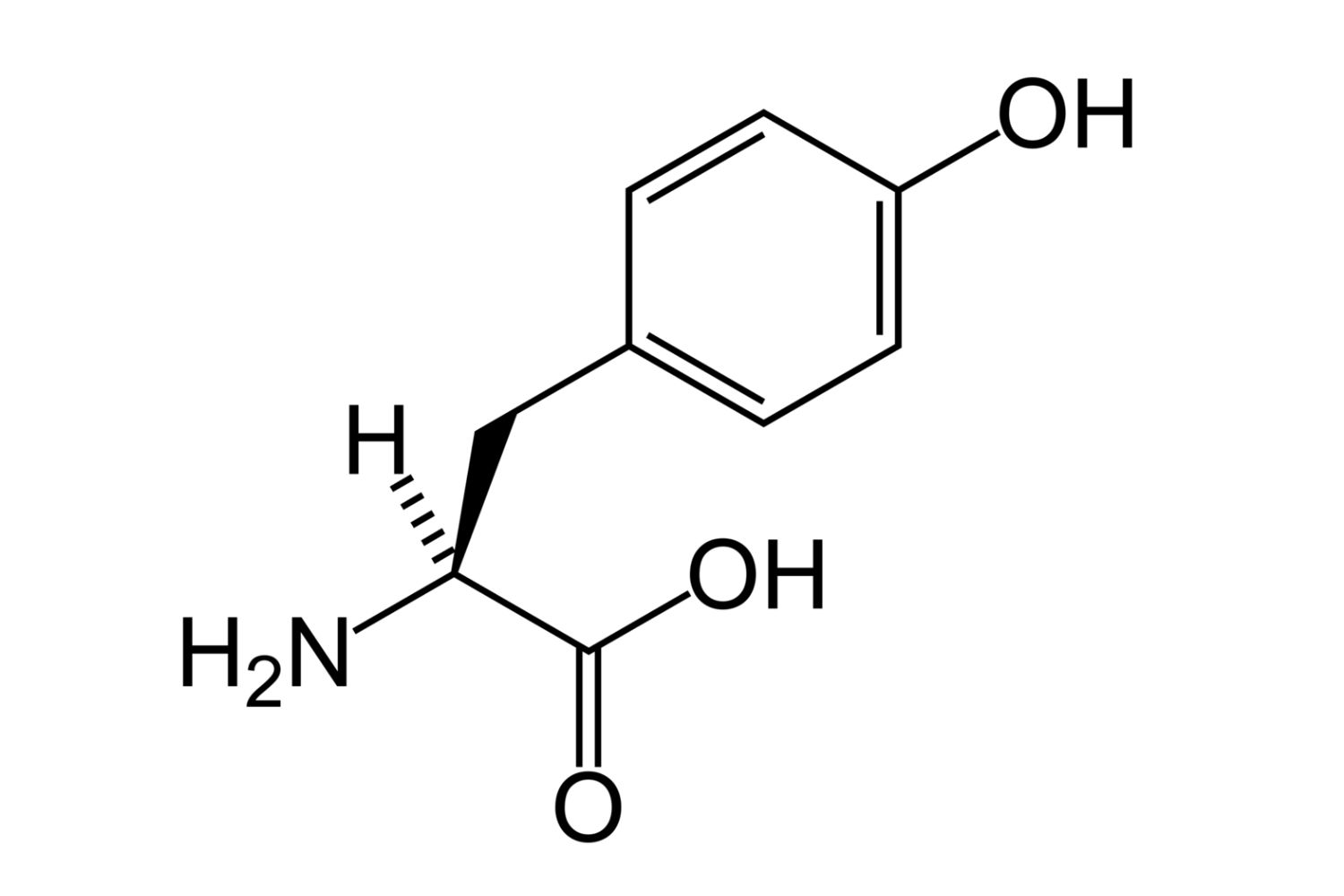
Tyrosine-Oxidase Temporary Deficiency might sound like a mouthful, but understanding it can be simpler than you think. This condition involves a temporary lack of the enzyme tyrosine-oxidase, which plays a crucial role in breaking down the amino acid tyrosine. Why does this matter? Tyrosine is essential for producing important hormones and neurotransmitters like dopamine, adrenaline, and thyroid hormones. When the body can't process tyrosine properly, it can lead to various symptoms and health issues. What causes this deficiency? Factors like genetic mutations, dietary imbalances, or even certain medications can trigger it. Knowing these facts can help you recognize symptoms early and seek appropriate treatment. Ready to learn more? Let's dive into 30 intriguing facts about Tyrosine-Oxidase Temporary Deficiency!
Key Takeaways:
- Tyrosine-Oxidase Temporary Deficiency can cause changes in skin and mood due to enzyme fluctuations. Treatment includes diet changes and stress management to improve symptoms and daily life.
- Research on TOTD aims to understand genetic and nutritional factors, develop new medications, and raise public awareness to improve management and reduce stigma.
What is Tyrosine-Oxidase Temporary Deficiency?
Tyrosine-Oxidase Temporary Deficiency (TOTD) is a condition where the body temporarily lacks sufficient levels of the enzyme tyrosine oxidase. This enzyme is crucial for various bodily functions, including the production of melanin and neurotransmitters. Understanding this condition can help manage its symptoms and improve quality of life.
-
Tyrosine oxidase is an enzyme that plays a key role in the production of melanin, the pigment responsible for skin, hair, and eye color.
-
Temporary deficiency means that the lack of tyrosine oxidase is not permanent and can fluctuate over time.
-
Melanin production can be significantly affected by TOTD, leading to changes in skin and hair pigmentation.
-
Neurotransmitter synthesis relies on tyrosine oxidase for the production of dopamine, norepinephrine, and epinephrine.
-
Symptoms of TOTD can include fatigue, mood swings, and changes in skin pigmentation.
Causes of Tyrosine-Oxidase Temporary Deficiency
Several factors can contribute to the temporary deficiency of tyrosine oxidase. Understanding these causes can help in managing the condition more effectively.
-
Genetic factors can play a role in the temporary deficiency of tyrosine oxidase.
-
Nutritional deficiencies, particularly in amino acids like tyrosine, can lead to TOTD.
-
Stress can impact enzyme levels, potentially leading to a temporary deficiency.
-
Medications that affect enzyme production or function can contribute to TOTD.
-
Environmental factors such as exposure to certain chemicals or toxins can also play a role.
Diagnosis of Tyrosine-Oxidase Temporary Deficiency
Diagnosing TOTD involves a combination of medical history, physical examination, and specific tests. Accurate diagnosis is crucial for effective management.
-
Blood tests can measure levels of tyrosine and related compounds to help diagnose TOTD.
-
Genetic testing may be used to identify any hereditary factors contributing to the deficiency.
-
Skin biopsy can be performed to assess melanin production and enzyme activity.
-
Neurological assessments may be conducted to evaluate the impact on neurotransmitter synthesis.
-
Symptom tracking over time can help in diagnosing and managing the condition.
Treatment Options for Tyrosine-Oxidase Temporary Deficiency
Managing TOTD involves addressing the underlying causes and alleviating symptoms. Various treatment options are available to help manage this condition.
-
Dietary changes can help increase tyrosine intake and improve enzyme levels.
-
Supplements such as tyrosine or other amino acids may be recommended.
-
Stress management techniques can help reduce the impact of stress on enzyme levels.
-
Medications may be prescribed to address specific symptoms or underlying causes.
-
Lifestyle modifications such as regular exercise and adequate sleep can support overall health and enzyme function.
Impact on Daily Life
Living with TOTD can affect various aspects of daily life. Understanding these impacts can help in developing strategies to cope with the condition.
-
Skin pigmentation changes can affect self-esteem and social interactions.
-
Mood swings and emotional instability can impact relationships and work performance.
-
Fatigue can make it challenging to maintain daily activities and responsibilities.
-
Cognitive function may be affected, leading to difficulties with concentration and memory.
-
Physical appearance changes can lead to self-consciousness and social anxiety.
Research and Future Directions
Ongoing research aims to better understand TOTD and develop more effective treatments. Staying informed about the latest developments can help in managing the condition.
-
Genetic research is exploring the hereditary factors that contribute to TOTD.
-
Nutritional studies are investigating the role of diet in managing enzyme levels.
-
Pharmacological research is focused on developing new medications to treat TOTD.
-
Clinical trials are testing the effectiveness of various treatments and interventions.
-
Public awareness campaigns aim to educate people about TOTD and reduce stigma associated with the condition.
Final Thoughts on Tyrosine-Oxidase Temporary Deficiency
Tyrosine-Oxidase Temporary Deficiency, though not widely known, plays a crucial role in understanding various metabolic processes. This condition, marked by a temporary drop in the enzyme tyrosine-oxidase, can lead to significant health impacts if not managed properly. Recognizing symptoms early and seeking medical advice can make a big difference in managing the deficiency effectively.
Research continues to uncover more about this condition, offering hope for better treatments and management strategies. Staying informed and proactive about health can help mitigate the effects of this deficiency. Remember, knowledge is power when it comes to health.
By understanding the basics of Tyrosine-Oxidase Temporary Deficiency, individuals can take steps to maintain their well-being and seek appropriate care. Keep learning, stay curious, and prioritize health to navigate life's challenges more effectively.
Frequently Asked Questions
Was this page helpful?
Our commitment to delivering trustworthy and engaging content is at the heart of what we do. Each fact on our site is contributed by real users like you, bringing a wealth of diverse insights and information. To ensure the highest standards of accuracy and reliability, our dedicated editors meticulously review each submission. This process guarantees that the facts we share are not only fascinating but also credible. Trust in our commitment to quality and authenticity as you explore and learn with us.
